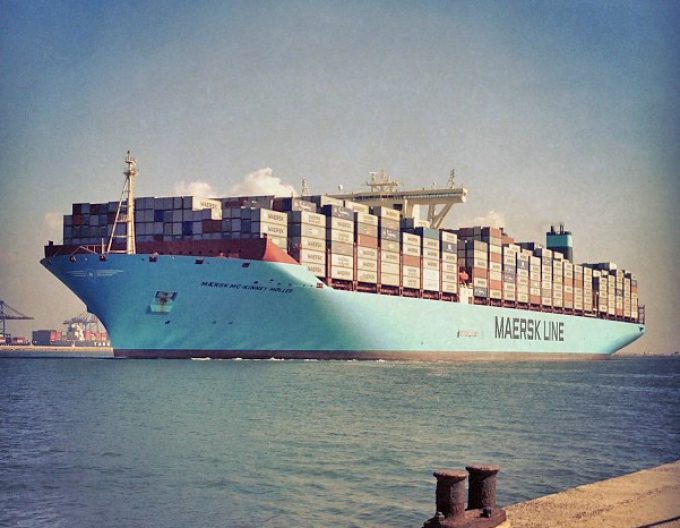Maersk paying $100,000 a day to charter scarce post-panamax box ships
Maersk Line is being forced to pay a premium to secure scarce chartered tonnage for ...

A net profit of $6.1bn in the final quarter concluded what Maersk CEO Soren Skou said was “a remarkable 2021” for the Danish company.
Maersk’s full-year net profit came in at $18bn, compared with $2.9bn the year before, and Mr Skou said he expected earnings to be similar for 2022.
But he added that the first half could be stronger than H2 as “normalisation” returned to global supply chains.
Mr Skou said Maersk had “not yet seen any change in the demand picture”, ...
Transpacific sees first major MSC blanks as rates fall and volumes falter
'It’s healthy competition' Maersk tells forwarders bidding for same business
Shippers snap up airfreight capacity to US ahead of tariff deadline
White House confirms automotive tariffs – 'a disaster for the industry'
New price hikes may slow ocean spot rate slide – but for how long?
Volcanic disruption at Anchorage could hit transpacific airfreight operations
Supply chain delays expected after earthquake hits Myanmar
Tighter EU import requirements proving 'a challenge' for forwarders

Comment on this article
Martyn Benson
February 09, 2022 at 4:04 pmWas it not the same Soren Skou who stated publicly in 2014/2015 that he wanted to see more short term and spot rates at Maersk? How times change!